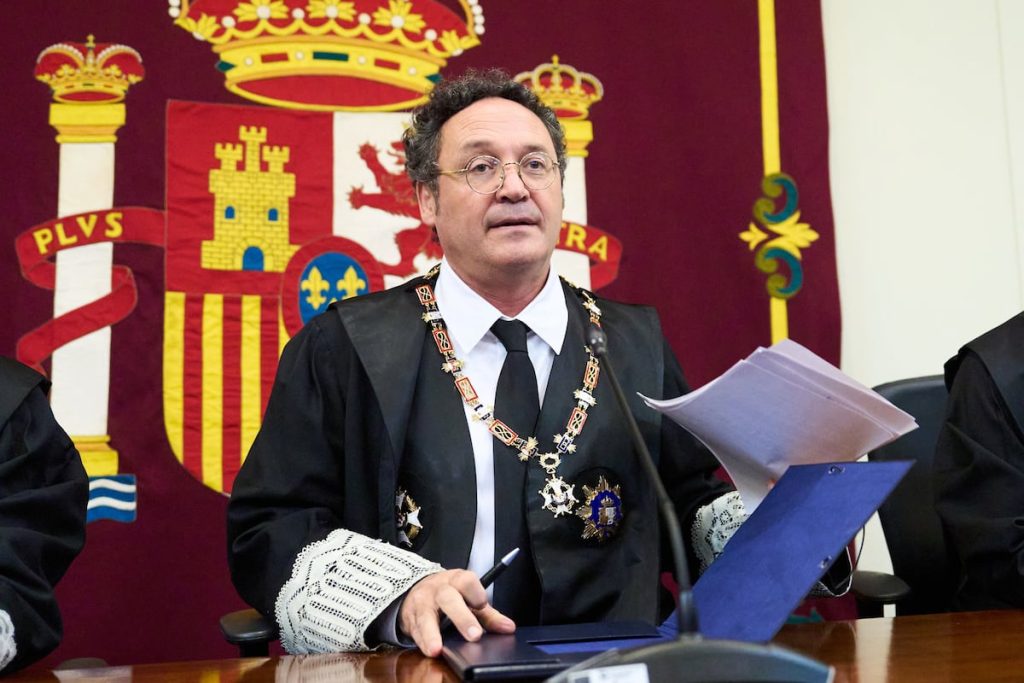The Supreme Court judge in charge of the case against the Attorney General of the State has formally opened the investigation and requested that Álvaro García Ortiz designate his lawyer and representative. The judge has initiated preliminary proceedings to investigate whether the Attorney General committed a crime of revealing secrets by allegedly leaking an email sent by the lawyer of Alberto González Amador, the partner of the president of Madrid, Isabel Díaz Ayuso, who is accused of tax fraud, to the press. The judge has also asked the various accusers involved in the case to state if they believe all the accusations should be grouped together, as allowed by law. The decision on additional investigations requested by González Amador and the suspension of functions of the Attorney General requested by Manos Limpias has been postponed for a later resolution.
This Wednesday’s ruling is the first issued by Judge Ángel Luis Hurtado since he was appointed as the instructor of the case against the Attorney General of the State on October 16. The Admission Court considered that there were indications that García Ortiz may have leaked an email sent by González Amador’s lawyer to the press, leading to suspicions of the Attorney General and the provincial chief prosecutor of Madrid potentially committing a crime of revealing secrets. The Supreme Court lacks evidence of who leaked the email, but it is known that García Ortiz and the provincial chief prosecutor had access to it on the same night, prompting the accusations of revealing secrets. The leaked email debunked false information spread by the president of Madrid’s team regarding a plea deal offer made by the prosecution to González Amador.
In response to the misinformation, the Public Prosecutor’s Office of Madrid clarified that it was actually the lawyer who had initiated the plea deal efforts with the Prosecutor’s Office more than a month prior. González Amador filed a complaint against the prosecutor of the case and the provincial prosecutor, alleging that the public statement constituted a violation of privacy since it contained personal information. The Supreme Court dismissed this particular claim, as they believed the information had already been disclosed by several media outlets. However, the Court did find it necessary to investigate how the email sent by the Prosecutor’s Office to González Amador made its way to the media.
The judge has not yet made a decision regarding the additional investigations requested by the defendant and the motion for the suspension of the Attorney General’s functions. The case stems from the email leak from the lawyer of Alberto González Amador, which led to the revelation of a plea agreement negotiation that exposed false information spread by the president of Madrid’s team. The investigation aims to determine if the Attorney General and the provincial chief prosecutor of Madrid played a role in the unauthorized disclosure of the email. The Supreme Court judge is now overseeing the preliminary proceedings and evaluating the various accusations presented in the case to decide on further actions moving forward.















